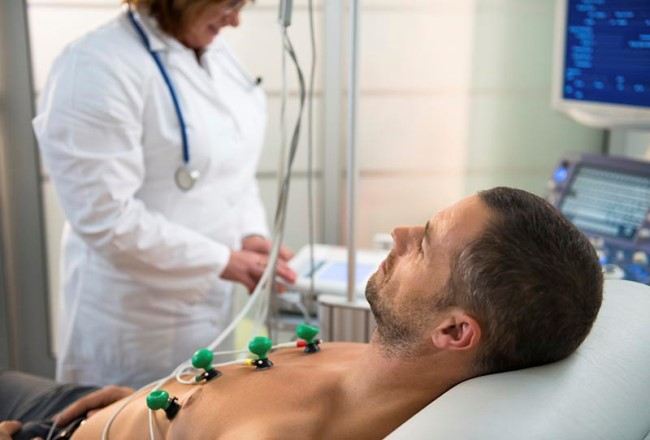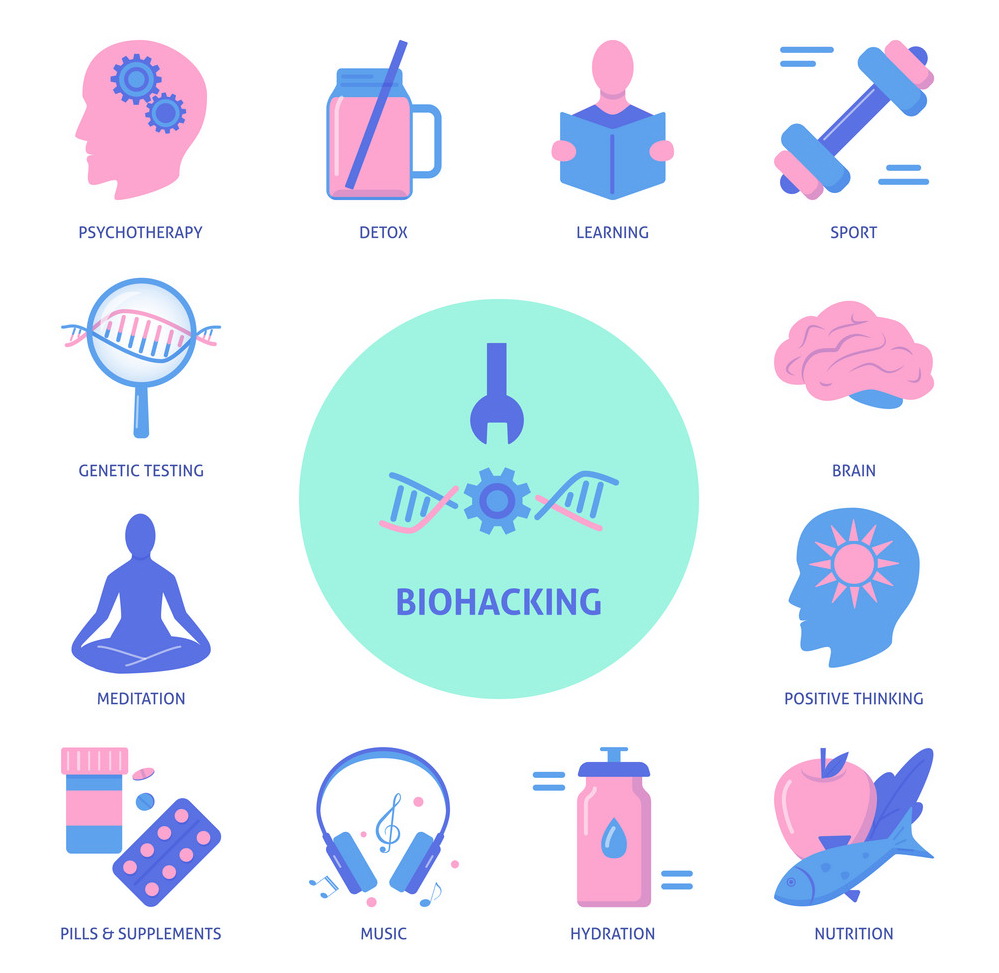Hello!
 As the healthcare industry shifts towards a value-based care model, accurate Medicare risk adjustment coding has become more and more important. By correctly documenting patients’ medical conditions, providers can make sure that they receive appropriate payments from Medicare while also improving patient care quality and patient outcomes.
As the healthcare industry shifts towards a value-based care model, accurate Medicare risk adjustment coding has become more and more important. By correctly documenting patients’ medical conditions, providers can make sure that they receive appropriate payments from Medicare while also improving patient care quality and patient outcomes.
What is Medicare Risk Adjustment Coding?
The Centers for Medicare and Medicaid Services (CMS) implement MRA coding to modify payments made to Medicare Advantage plans based on the health status of their enrollees. This method ensures that MA plans receive higher payments for individuals with chronic conditions or other health risks, which can increase the quality of care for these patients.
The Importance of Accurate Coding
Accurate coding is crucial for improving patient care and outcomes as it provides healthcare providers with a more complete picture of their patients’ health. By correctly and accurately documenting chronic conditions, providers are in a better position to develop more effective treatment plans and closely monitor the progress of their patients. By providing this level of care, they can contribute to better health outcomes and better patient quality of life.
 Plus, accurate coding is essential for healthcare providers to receive the correct payments for the care that they provide. Medicare payments are based on the risk-adjusted score of each patient, which is determined by diagnosis codes that the provider submits. If a provider does not document a patients’ conditions accurately, their risk score will be lower, and the provider may be underpaid. This can result in underfunding, which can lead to inadequate patient care.
Plus, accurate coding is essential for healthcare providers to receive the correct payments for the care that they provide. Medicare payments are based on the risk-adjusted score of each patient, which is determined by diagnosis codes that the provider submits. If a provider does not document a patients’ conditions accurately, their risk score will be lower, and the provider may be underpaid. This can result in underfunding, which can lead to inadequate patient care.
How Accurate Coding Improves Patient Outcomes
Accurate coding allows healthcare providers to develop more effective treatment plans based on each patients’ unique needs. For example, if a patient has a chronic condition such as heart disease, their provider can use more accurate coding to monitor their condition closely and provide more targeted treatments. Ultimately, this can lead to better health outcomes for the patient.
Along with this, accurate coding allows healthcare providers to identify and address health risks earlier before they become more serious. By detecting health conditions earlier, providers are in a better position to intervene and provide treatment to prevent the condition from getting worse. By maximizing this preventative care, providers can improve health outcomes and reduce the need for costly future treatments.
The Role of Technology in Accurate Coding
 Technology plays a significant role in improving the accuracy of Medicare risk adjustment coding. Electronic health records (EHRs) enable providers to document patient conditions more accurately and efficiently, improving the quality of care that they provide. Plus, EHRs can also provide a range of decision support tools, helping providers make more informed decisions regarding patient care.
Technology plays a significant role in improving the accuracy of Medicare risk adjustment coding. Electronic health records (EHRs) enable providers to document patient conditions more accurately and efficiently, improving the quality of care that they provide. Plus, EHRs can also provide a range of decision support tools, helping providers make more informed decisions regarding patient care.
Accurate Medicare risk adjustment coding is an essential component of improving patient care and outcomes in the value-based care model. It enables healthcare providers to receive the correct funding, helping them develop more effective treatment plans and address patient health risks earlier.
By embracing accurate coding and utilizing technology, healthcare providers can offer a better standard of care and achieve better patient health outcomes.
Thank you!
Join us on social media!
See you!






